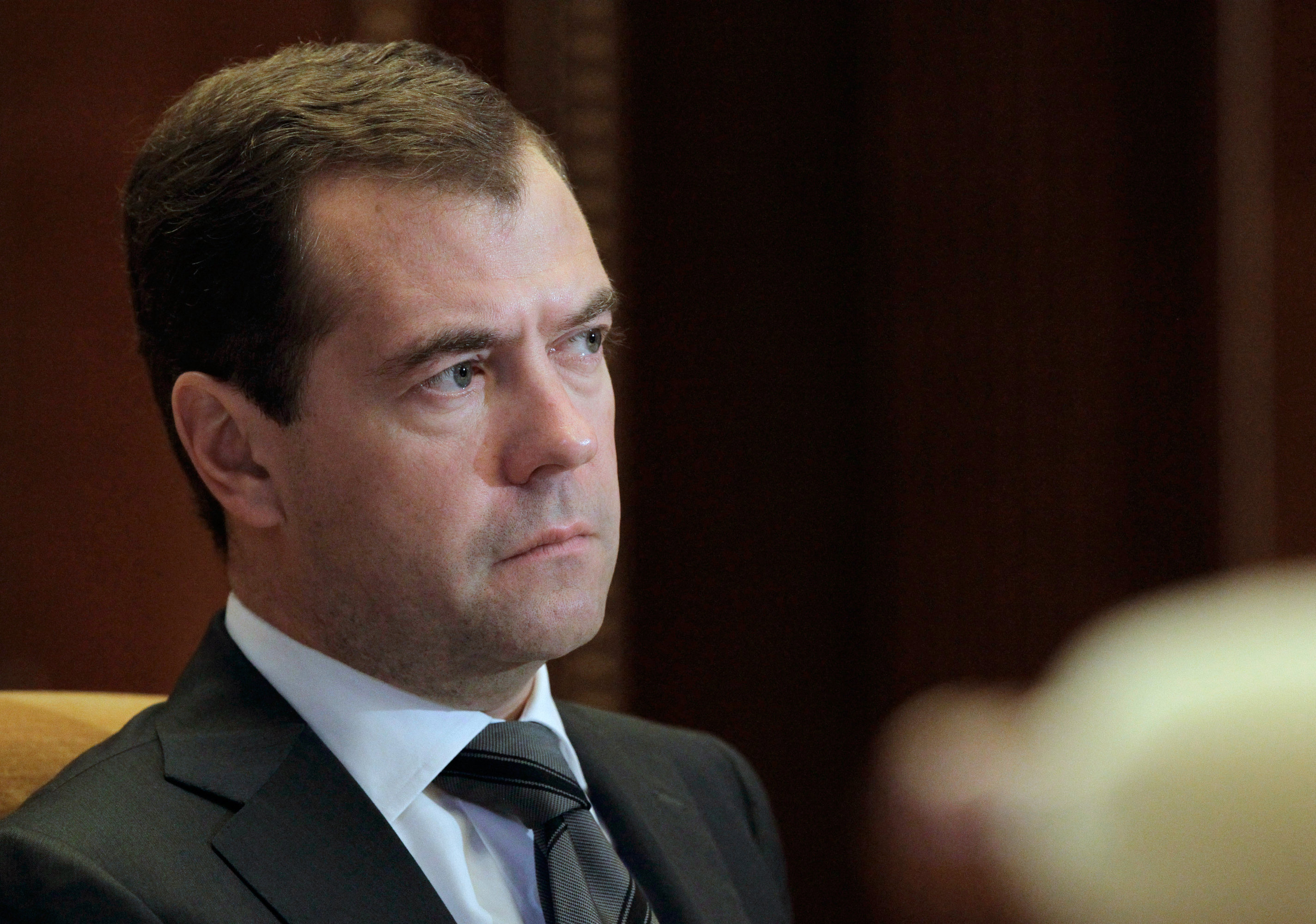President Dmitry Medvedev submitted to the State Duma a draft law restoring direct popular elections of regional governors to terms of up to five years and enabling political parties to nominate candidates for governorships.
Medvedev included these initiatives in his address to the Federal Assembly in late December in the wake of massive protests against alleged fraud in the parliamentary elections. Then president Vladimir Putin rescinded gubernatorial elections in an effort to strengthen his so-called “vertical of power.” Under the proposed law, the president will reserve the right to dismiss governors for “loss of confidence” and people will be able to recall governors in referendums.
After suffering noticeable losses in the parliamentary elections, United Russia may see its political clout in the country further decline due to a loss of governorships held by the party. Political analysts believe the draft law is intended to achieve greater balance in the political system and to channel the frustration of voters.
Political parties have expressed support for the bill in general, but point to a number of improvements they would like to see.
According to the Kremlin, the bill could be passed in May when the new president takes office.
The new law would apply to current governors.
Right to chose and recall
Currently, the president submits gubernatorial nominees to regional legislatures for approval. The head of state chooses nominees from the candidates put forward by the party that won the regional parliamentary elections. According to an explanatory note attached to the proposed law, “the chief official of a constituent entity of the Russian Federation ... shall be elected by citizens of the Russian Federation on the basis of a general and direct election by secret ballot.”
The president also suggests adopting a mechanism for consultations with the political parties wishing to nominate candidates. The consultations will be voluntary. Parties will no longer have to collect signatures to get their nominee on the ballot, while the number of signatures that independent candidates will need to submit will be determined by regional authorities.
In addition to “loss of confidence,” the president will be able to dismiss governors based on evidence of corruption or conflict of interest.
An important and novel feature of the bill is the right to recall a governor by referendum. According to the explanatory note, “recall initiated by the population shall follow the constituent entity’s referendum procedure.”
Local residents will be able to recall a governor only after the first year of his or her term. “The recall referendum shall be approved by the constituent entity’s legislature if and when there are grounds for recall and the required number of voter signatures is collected,” reads the note. A court decision stating that the governor is in violation of federal or regional law will also constitute a ground for recall.
A governor will be recalled if half of the referendum voters on the recall voting list approve.



